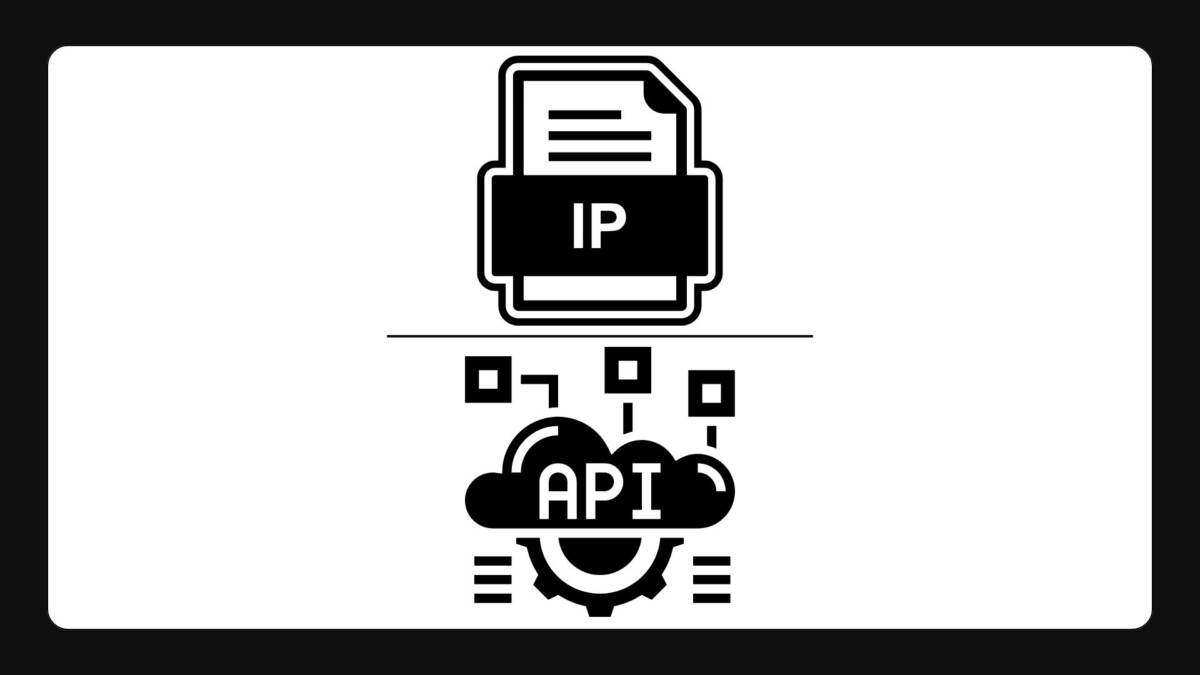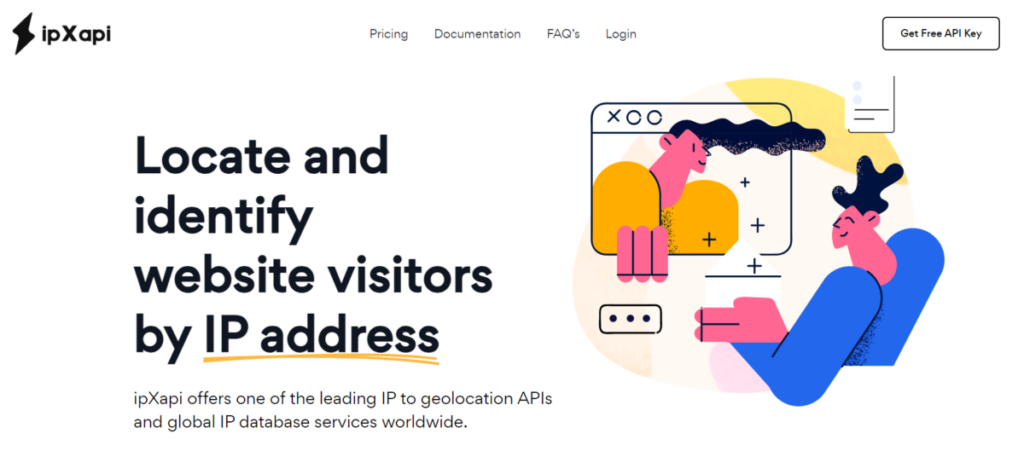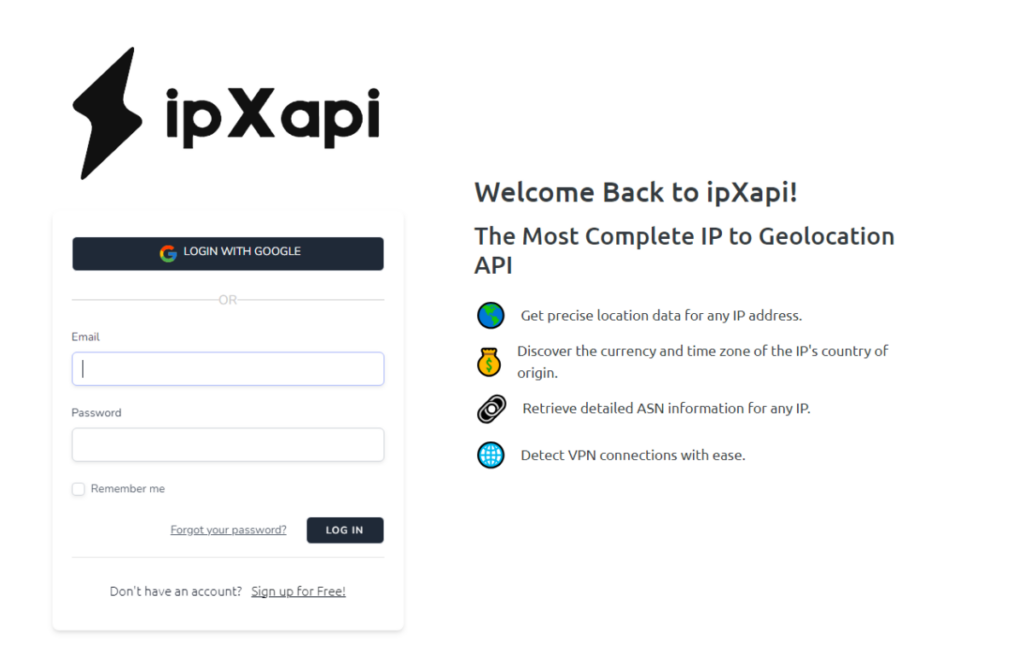With the proliferation of proxy servers, which can mask a user’s true identity and location, understanding their role in cybersecurity is essential. This is where ipXapi’s Proxy Checker API comes into play. By leveraging this innovative tool, businesses can significantly enhance their online security posture and improve their fraud detection capabilities.
Overview of ipXapi’s Proxy Checker API
ipXapi is a leading provider of IP intelligence and location data, offering tools that empower businesses to enhance their cybersecurity measures. One of its standout features is the Proxy Checker API, designed specifically to detect and analyze proxy usage in real time. This API is integral for organizations aiming to fortify their online security and protect themselves from fraudulent activities.
The Proxy Checker API differs from traditional security solutions with a number of important characteristics. First of all, it has real-time proxy detection, which lets companies quickly determine if an IP address is linked to a proxy server. Because it enables enterprises to identify suspicious activity before it develops into serious security breaches, this capacity is essential for preventing hostile activity and unauthorized access.
Furthermore, the precision and dependability of its detecting skills are supported by its huge database. The API can offer comprehensive insights into the characteristics of each IP address, such as its risk level and past behavior, by evaluating enormous volumes of IP data. This degree of detail enables businesses to customize their security protocols according to the unique risks they encounter.
Enhancing Online Security With API
By facilitating proactive threat identification, the use of this API is essential to improving online security. The Proxy Checker API enables companies to detect and eliminate threats instantly, in contrast to conventional security solutions that respond to incidents after they happen. For instance, when an incoming request originates from a suspicious IP address flagged as a proxy, the API can alert security teams to take immediate action, such as blocking the request or requiring additional authentication.
The Proxy Checker API’s ability to effectively prevent account takeovers is one of its many noteworthy benefits. Unauthorized access to user accounts in the era of digital services can have disastrous results, such as monetary loss and harm to one’s reputation. Organizations can protect user accounts by using ipXapi’s API to verify the validity of IP addresses trying to log in. Businesses can drastically lower the risk of account breaches by either completely refusing access or requesting more verification from users attempting to log in from IP addresses linked to known proxies.
Additionally, the API supports regulatory compliance, which is essential to contemporary corporate operations. With strict laws like the CCPA and GDPR controlling data security and privacy, businesses need to show that they are dedicated to safeguarding user information. Businesses may align their security procedures with regulatory standards and gain the trust of their clients by using the API to make sure that only authorized individuals are granted access.
The versatility of ipXapi’s Proxy Checker API makes it applicable across various industries, each facing unique security challenges. In the e-commerce sector, where online transactions are frequent, preventing fraud is of utmost importance. The API can protect e-commerce platforms from fraudulent transactions by quickly identifying IP addresses linked to malicious proxies. For example, if a user attempts to make a large purchase from an IP address flagged as high-risk, the API can trigger alerts, allowing the business to conduct further checks before processing the order.



